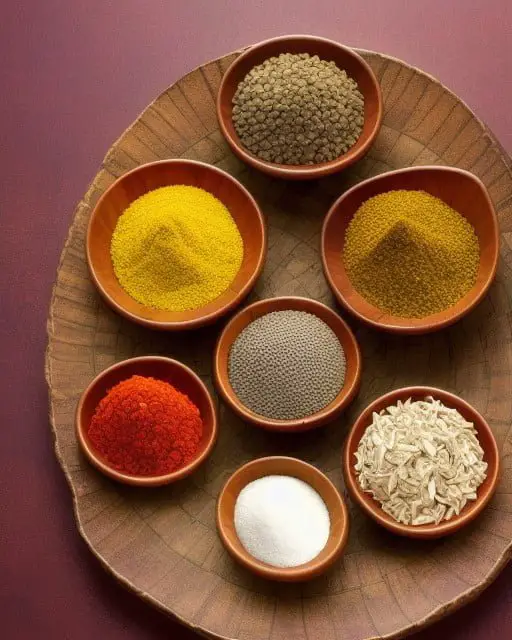Ayurveda is a traditional system of medicine and healing that originated in India over 5,000 years ago. One of the core principles of Ayurveda is the belief that food can be used as medicine to promote health and prevent disease. The Ayurvedic diet is a way of eating based on individualized needs and the principles of Ayurveda. In this article, we will explore the Ayurvedic diet and how it can be incorporated into your lifestyle for health and longevity.
Understanding the Ayurvedic Diet
The Ayurvedic diet is based on the belief that each person is unique and has specific dietary needs based on their dosha, or body type. There are three doshas in Ayurveda: Vata, Pitta, and Kapha. Each dosha represents different characteristics and is associated with certain foods and eating habits. For example, Vata is associated with dryness and coldness, so foods that are warm and moist are recommended. Pitta is associated with heat and inflammation, so foods that are cooling and calming are recommended. Kapha is associated with heaviness and lethargy, so foods that are light and energizing are recommended.
In addition to eating according to your dosha, the Ayurvedic diet emphasizes the importance of food quality and preparation. Fresh, whole foods that are in season and locally sourced are preferred. The diet also emphasizes mindful eating, which involves paying attention to the taste, smell, and texture of food as well as chewing slowly and savoring each bite.
How to Incorporate it for Health & Longevity
Incorporating the Ayurvedic diet into your lifestyle can be a gradual process. Start by identifying your dosha and learning which foods are recommended for your body type. You can take an online quiz or consult with an Ayurvedic practitioner to determine your dosha. Once you have identified your dosha, you can begin to make small changes to your diet, such as incorporating more warm, moist foods if you are Vata or more cooling, calming foods if you are Pitta.
Another way to incorporate the Ayurvedic diet is to focus on food quality and preparation. Choose fresh, whole foods that are in season and locally sourced whenever possible. Avoid processed and packaged foods, which can be difficult to digest and may contain harmful additives. Cook your food with care and attention, using herbs and spices to enhance flavor and promote digestion.
In conclusion, the Ayurvedic diet is a way of eating based on individualized needs and the principles of Ayurveda. By eating according to your dosha, focusing on food quality and preparation, and practicing mindful eating, you can promote health and longevity. Incorporating the Ayurvedic diet into your lifestyle can be a gradual process, but with time and practice, it can become a way of life that nourishes and supports your body, mind, and spirit.
By adopting a healthy Ayurvedic diet, you can experience a number of benefits, including improved digestion, increased energy, and greater overall well-being. Whether you are looking to prevent disease or simply feel better in your body, the Ayurvedic diet can be a valuable tool in your health and wellness journey. So why not give it a try and see how it can benefit you? Your body will thank you!
Ayurveda, an ancient system of medicine from India, emphasizes the importance of a balanced diet for optimal health and longevity. According to Ayurveda, every individual has a unique constitution, or dosha, that determines their dietary needs. A diet tailored to one’s dosha can promote physical and mental well-being, while an imbalanced diet can lead to disease. The Ayurvedic diet includes whole, unprocessed foods, such as fruits, vegetables, whole grains, and lean proteins, and avoids processed and refined foods. It also emphasizes mindful eating, with meals eaten slowly and without distraction. By following the principles of the Ayurvedic diet, individuals can promote their own health and longevity.

